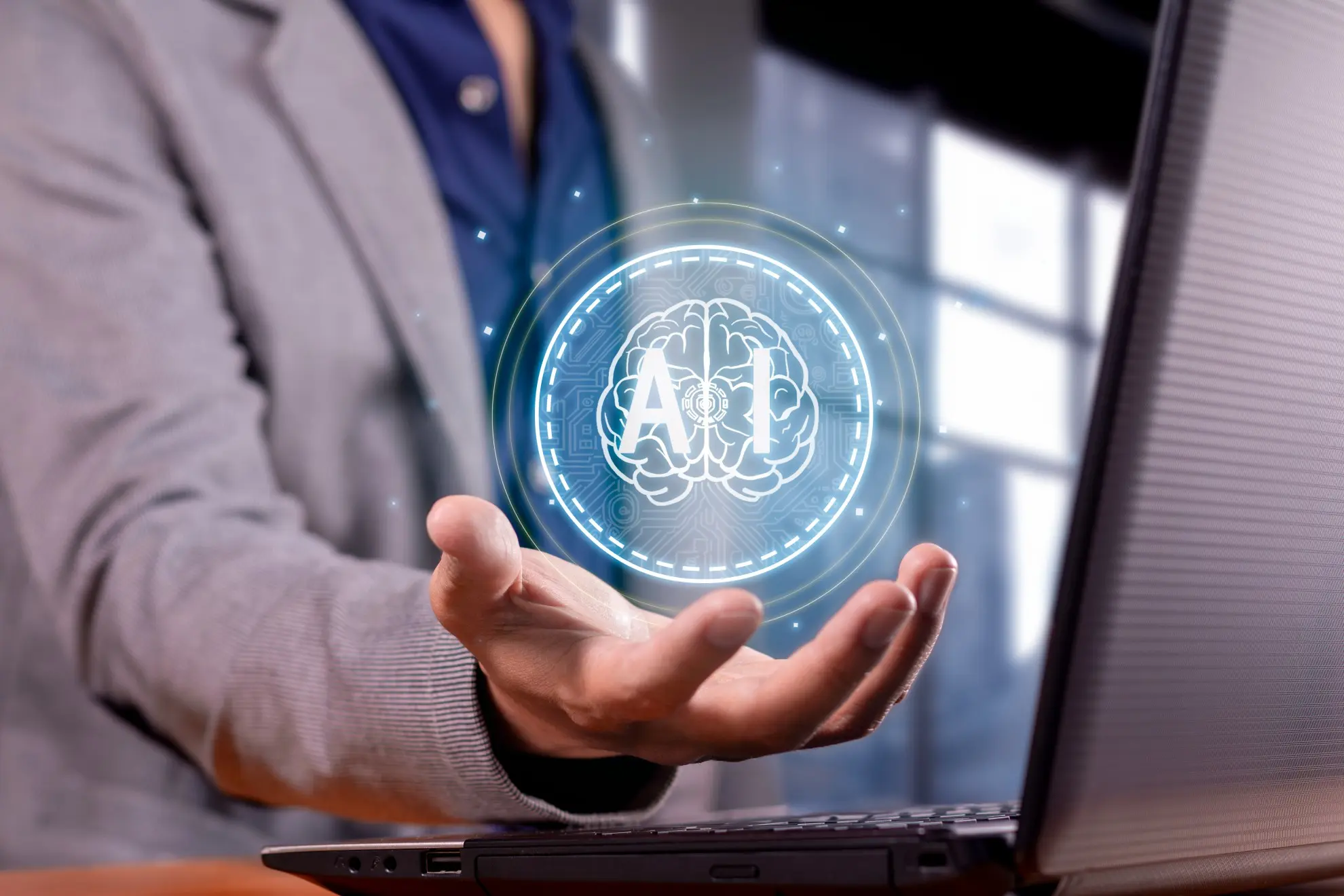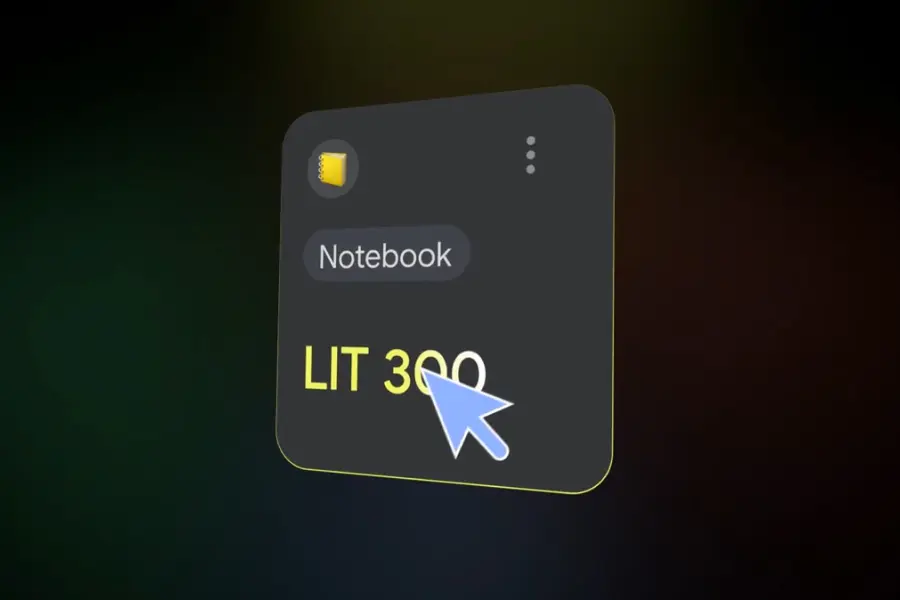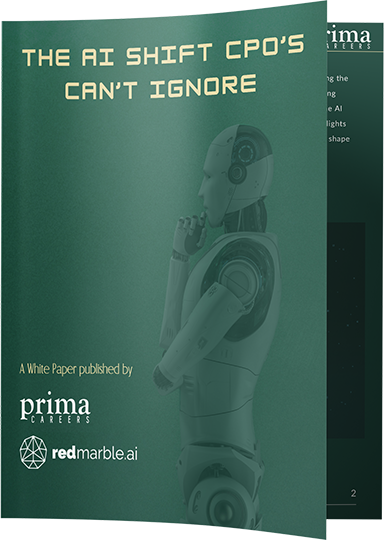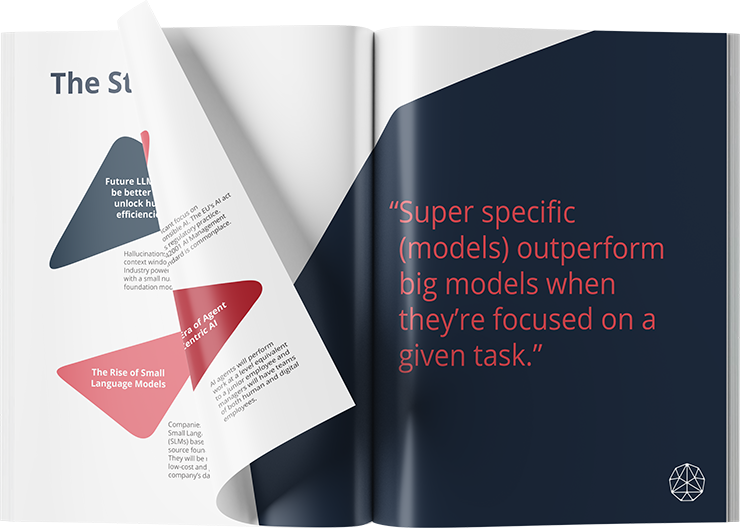Sifting through “noise” in AI is like creating the perfect slice of your favourite cake. First you need to bake the cake, which requires careful preparation, great ingredients and the right equipment.
I love cake! And even if you don’t, I think it is a great analogy for how to approach this new technical opportunity with AI.
It has long been the promise that technology will elevate us, that it will help us make better, fairer, more humane decisions that save lives, money and time.
Technology, specifically AI now has the power to do this.
But it is how we apply it, how our leading companies deploy it within their workforces, and how boards and executives take the time to understand complex technology, that will lead to lasting change.
Using AI algorithm-based decision-making – to make or inform decisions has become a politically charged endeavour, with focus rightly on its flaws, including human led bias in creating the algorithm. However, people, even those with significant expertise, as it turns out, are quite often poor decision makers.
“Unfortunately, decades of psychological research in judgment and decision making has demonstrated time and time again that humans are remarkably bad judges of quality in a wide range of contexts,” Alex P. Miller writes in the Harvard Business Review.
“Thanks to the pioneering work of Paul Meehl (and follow-up work by Robyn Dawes), we have known since at least the 1950s that very simple mathematical models outperform supposed experts at predicting important outcomes in clinical settings.”
Along with an all star team, renown psychologist and Nobel-prize winning Daniel Kahneman, has released a new book, Noise, which should be essential reading for all Australian executives.
Kahneman and his co-authors have outlined the difference between “bias” (systematic deviations) and “noise” (random scatter), and how both, but particularly the latter, affect decision making in the business world.
It is bias that has taken much of the focus, however it claims that noise creates as much if not more damage.
“Controlling noise is hard, but we expect that an organization that conducts an audit and evaluates the cost of noise in dollars will conclude that reducing random variability is worth the effort,” Professor Kahneman writes in the Harvard Business Review.
Intelligent use of technology is integral to this, so where to start?
But first let them eat cake
Using technology like AI to sift through the noise and enhance decision making requires a different way of thinking. Red Marble believes in the medium term, “AI” will become less of a headline, and become a standard part of the devops suite.
However, in the short term, AI is expanding for all sorts of potential use cases to filter through the noise.
Which brings us back to our favourite slice of cake. A delicious, sometimes simple, sometimes more complex baked product, used for specific occasions.
To make the cake, first you also need the ingredients – the inputs – and the recipe – the methodology.
A truly skilled baker will also know just how long before starting to take the butter from the fridge, then to cream the butter and the sugar till it is perfectly smooth before sifting in the flour.
They will understand the variables of their oven to ensure a perfectly timed bake, and they will know to let the cake cool before they put the icing on top. The baker, and the creator of the recipe are both important, the former understands the higher the quality of inputs, the better the cake will be and the latter has experimented to find that perfect process.
To get that end result – the output – or the perfect cake, takes time and multiple tries. When did you learn a new skill like surfing or swimming without practice?
Filtering the noise
Increasingly AI is being used to make decisions, or provide the information, instead of humans.
Noise looks at how our systems are broken and how being overly reliant on people can create increasingly flawed outcomes. It uses case studies, research and statistics to spell out its arguments.
Inherently systems are broken when two professionals, in the same company make different decisions based on the same information.
This is where AI can improve outcomes. It is where we can begin to really “refine the recipe and bake the cake to perfection”.
Where is this going?
For Australian boards, executives and companies, it is essential to acknowledge the limitations of people in key decision making roles, and begin to understand how technologies can support employees in not just making better decisions, it will lead to improved productivity when paired well.
In any industry there is noise. The “Cake” or the AI-led technology in most cases is not in the realm of science fiction.
It is simple. It is machine-learning based decision making.
At Red Marble we have many examples of where clients across many industries have used AI algorithms to eliminate silos and blind spots to add value to the bottom line.
Ultimately, for executives looking to understand why and how AI can be used to improve their organisations, Noise will become one of 2021’s essential and most influential readings.
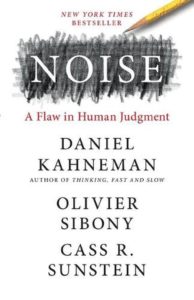 ‘Noise may be the most important book I’ve read in more than a decade. A genuinely new idea so exceedingly important you will immediately put it into practice. A masterpiece’
‘Noise may be the most important book I’ve read in more than a decade. A genuinely new idea so exceedingly important you will immediately put it into practice. A masterpiece’
Angela Duckworth, author of Grit
‘An absolutely brilliant investigation of a massive societal problem that has been hiding in plain sight’Steven Levitt, co-author of Freakonomics
And if all this has made you hungry… here are some baking tips.

